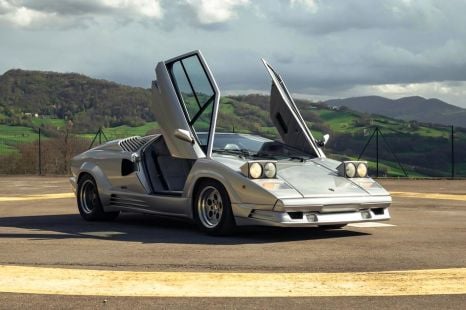

Anthony Crawford
1990 Lamborghini Countach review
5 Days Ago
This Sino-Swedish startup reckons owning a car is an outdated idea, and instead focuses on a subscription model with shareable cars.

Senior Contributor
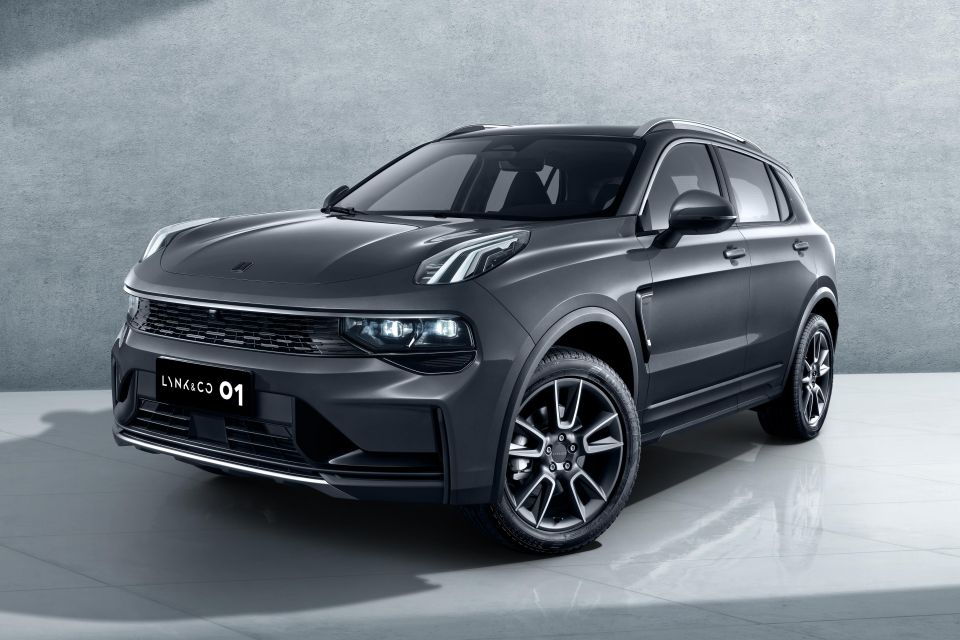

Senior Contributor
The latest in our series detailing brands that you may not be familiar with focuses on the oddly-named Lynk & Co – Sweden-based, China-owned, and a self-described disruptor.
Don’t call Lynk & Co a ‘carmaker’, by the way.
This “rude rebel of the automotive industry” (its words) calls itself a ‘mobility brand’, offering its cars via monthly subscription. Customers aren’t ‘owners’, they’re ‘users’ within a ‘community’.
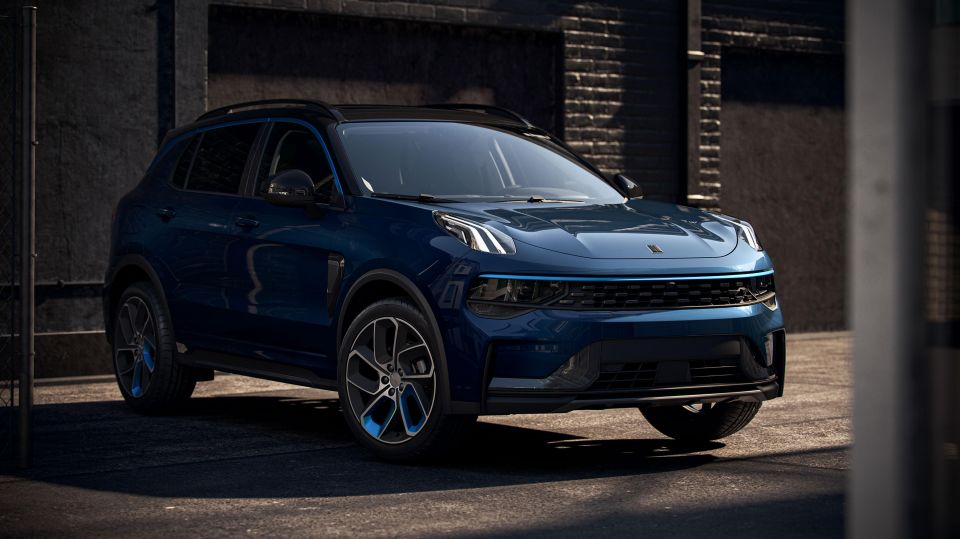
What is it and when did it start?
Lynk & Co launched in 2016 as a joint venture between Volvo Car Group and its parent company Geely Auto Group. It began its operations in China, where Geely is based.
It announced a push into Europe during 2020, and now operates in seven markets there: the Netherlands, Sweden, Germany, France, Italy, Spain, and Belgium.
The brand got a head start with its vehicles by developing them on the Volvo-Geely Compact Modular Architecture, top-hatted with the company’s own design language.
But rather focusing on this hardware per se, Lynk & Co differentiates itself from the industry (and its Geely stablemates) by making software and services its core offering.
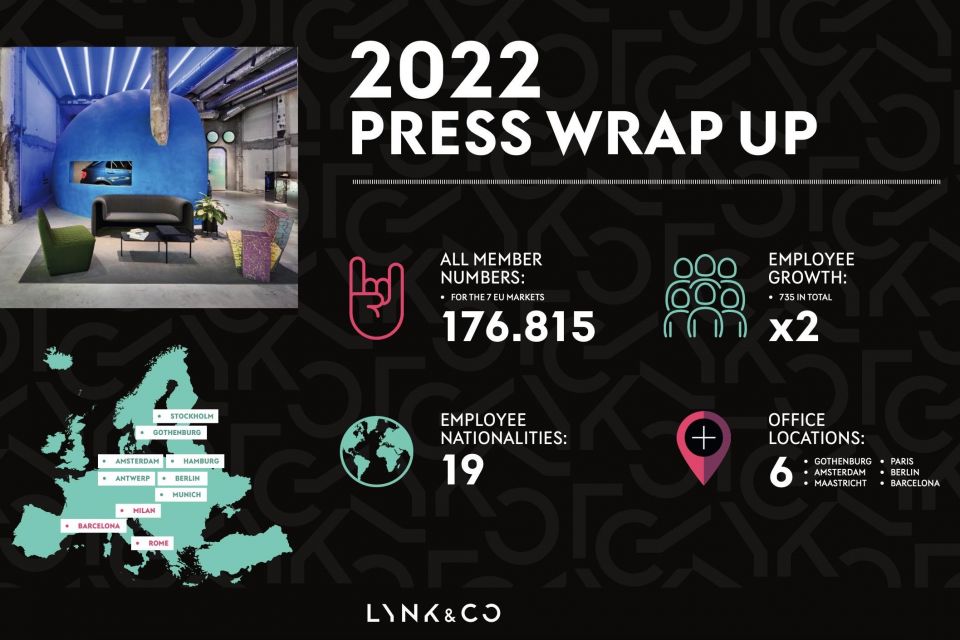
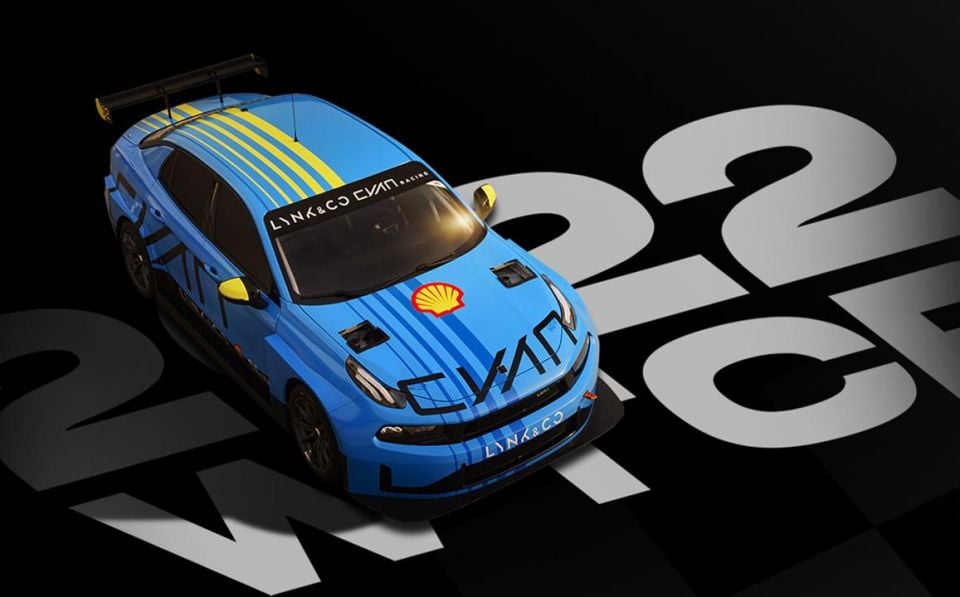
Who owns it and where’s it based?
The Geely Group formed Lynk & Co with its Volvo Car subsidiary, one suspects as a means for testing new retail models. Other Geely Group brands include Polestar, Lotus, Proton, Zeekr and Smart (a joint-venture with Mercedes-Benz).
First push beyond Hangzhou was to establish a Gothenburg, Sweden head office, really playing up the Volvo engineering. The company calls its headquarters “brutalist”, citing the “crude concrete floor, dotted centerpiece sofa, the giant smiley face that bursts through the wall…”
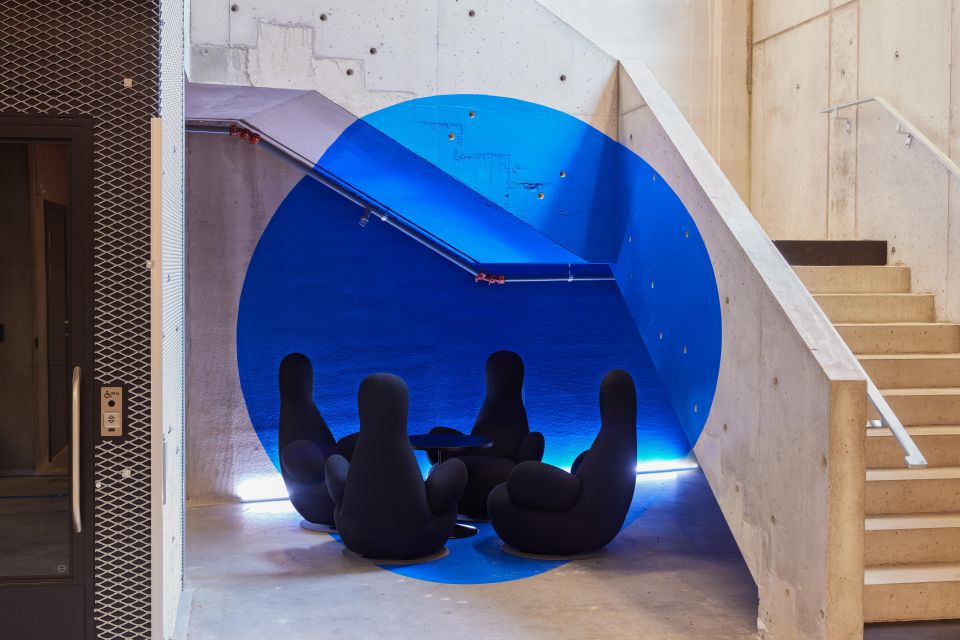
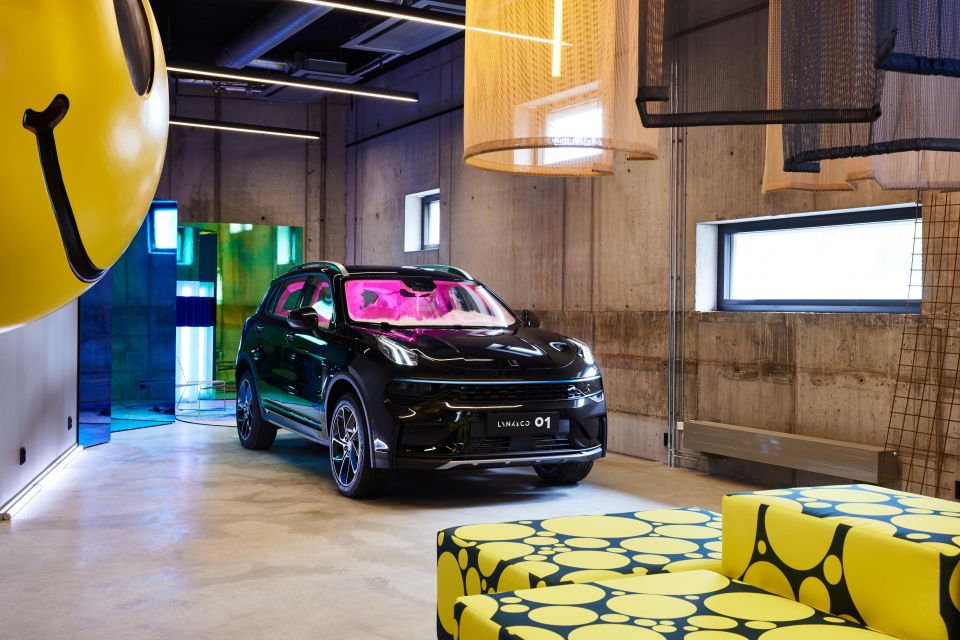
“Lynk & Co is here to disrupt the automotive industry, not to align with it. Having a boring office is out of the question. It needs to be wow!,” says company CEO (and former Volvo sales and marketing boss) Alain Visser.
What are its markets?
Beyond China and mainland Europe, it’s branching out into Kuwait, Saudi Arabia, Oman and the UAE, and has announced a broader “Asia-Pacific strategy” to be detailed in a bit.
The company announced in January that it grew its user base in Europe from 60,000 to more 170,000 members across seven markets in 2022.
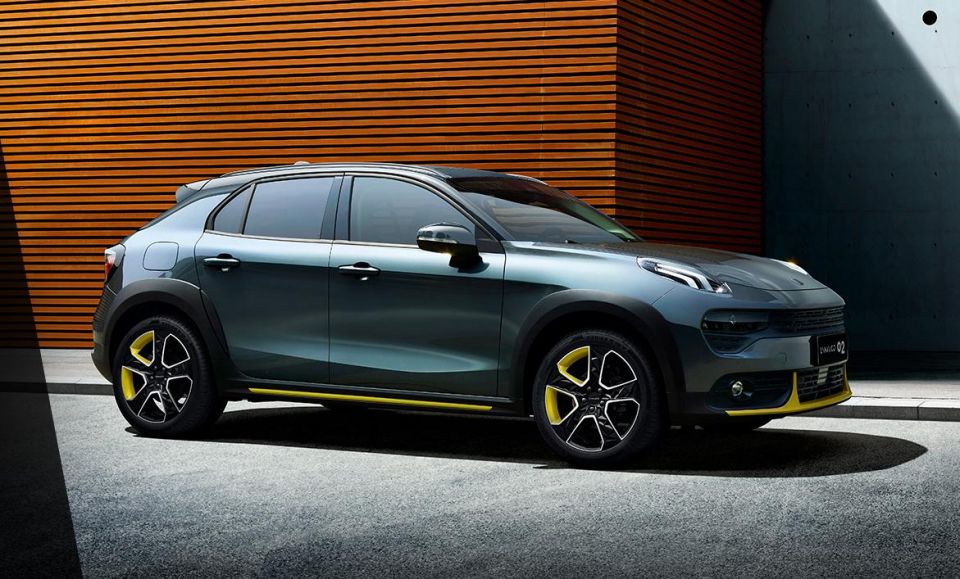
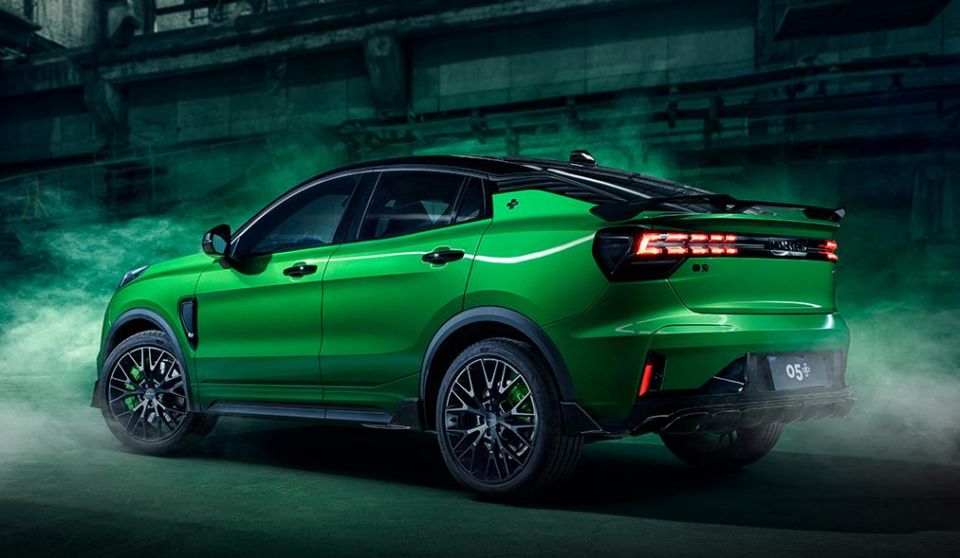
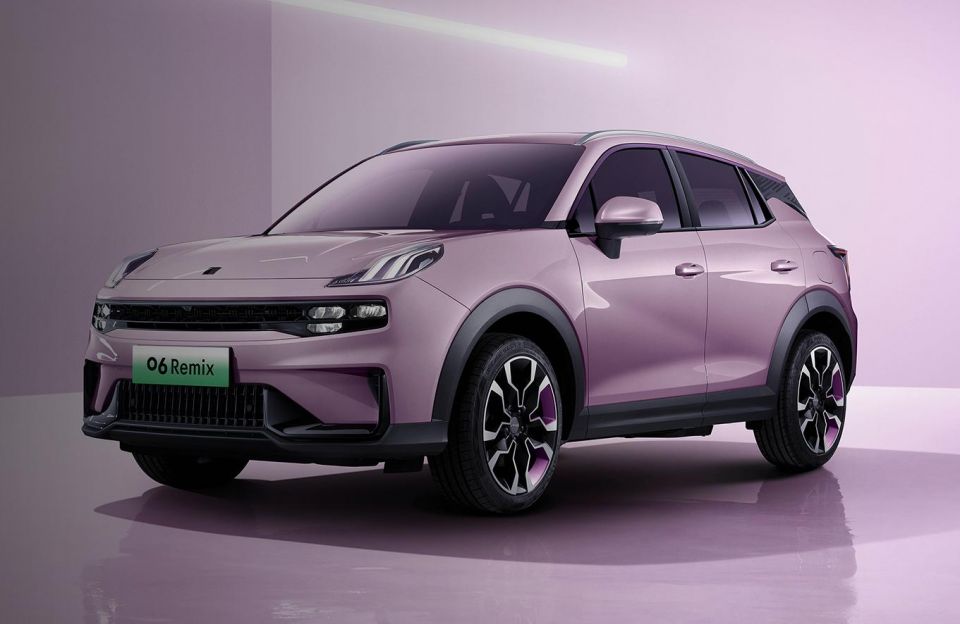
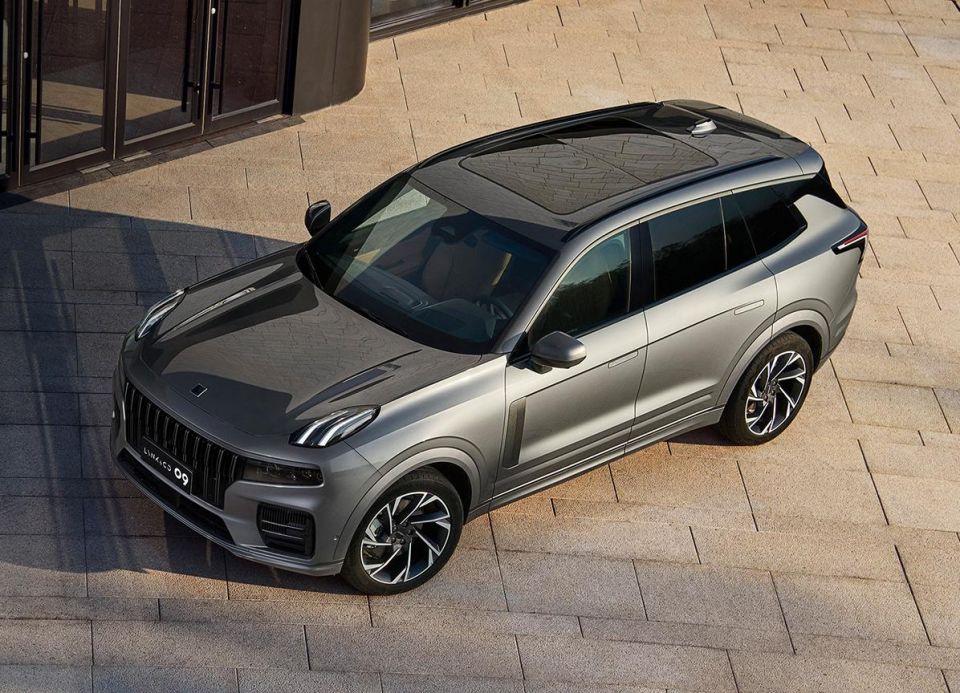
What are its vehicles?
The company offers a broad vehicle range in China including the Lynk & Co 02 small hatchback, Lynk & Co 03 sedan, Lynk & Co 05 crossover, Lynk & Co 06 compact SUV, and Lynk & Co 09 large SUV.
It also runs Lynk & Co 03 sedan-based racecars in the FIA World Touring Car Cup.
But its only ‘global’ car which it currently sells in China and Europe is the Lynk & Co 01 compact SUV, using a plug-in hybrid (PHEV) drivetrain with 69km of electric range. As you’d expect of a Volvo derivative, it has a five-star NCAP crash rating.
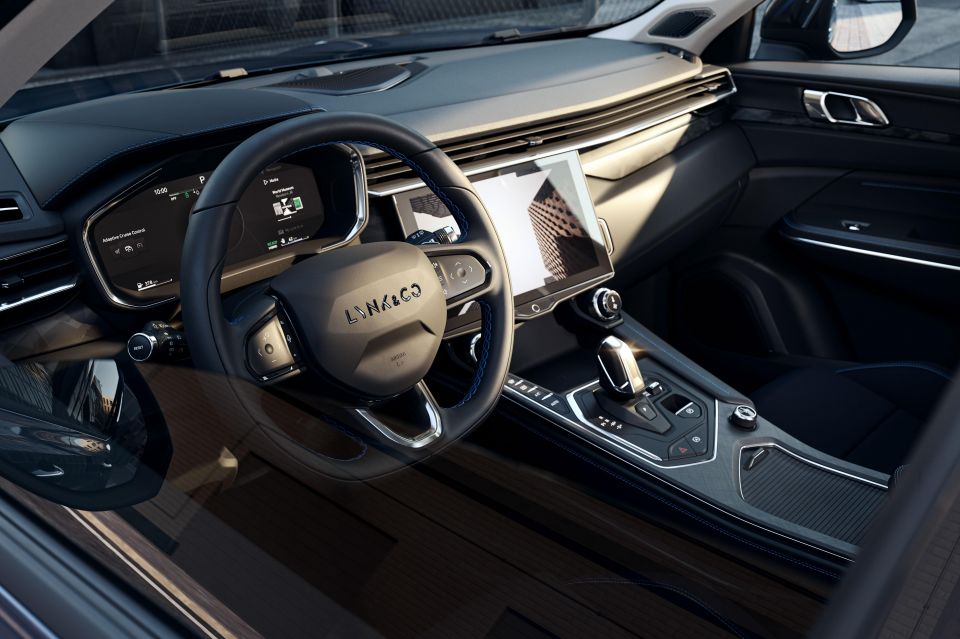
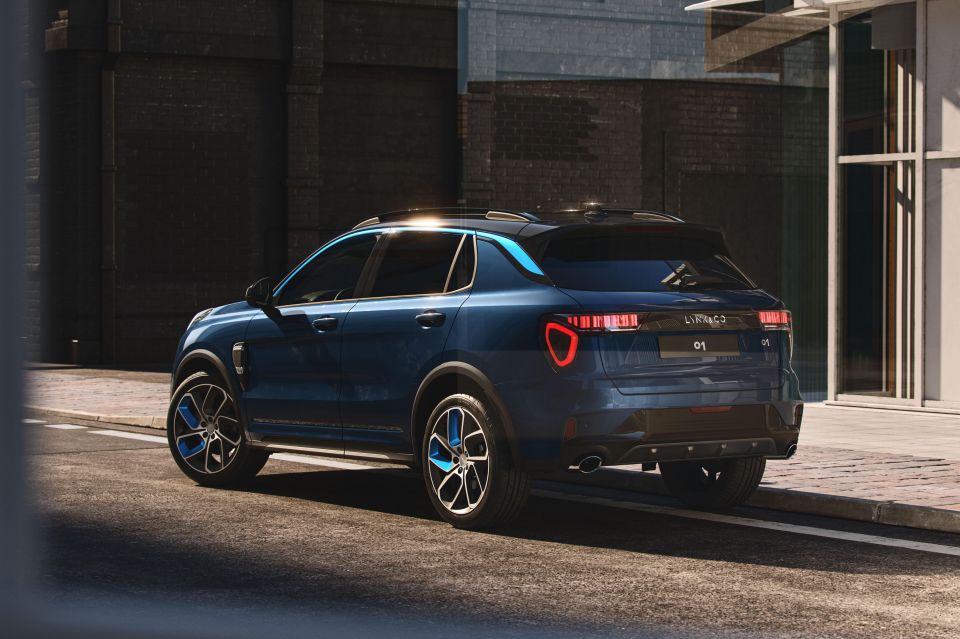
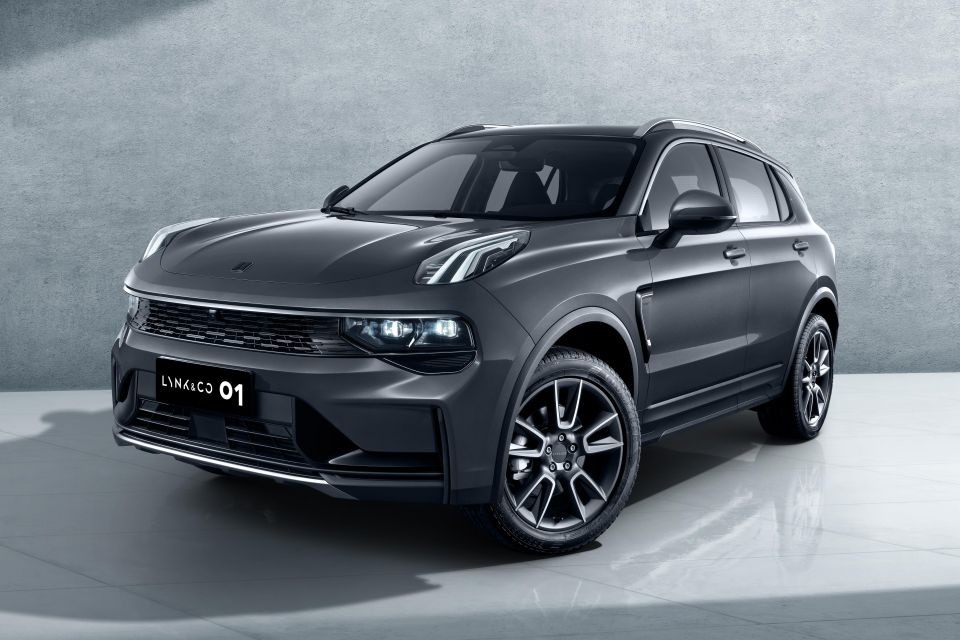
What’s its point of difference?
Lynk & Co can sell you one of its cars if you want to settle down, via a Tesla- and Polestar-style direct-to-consumer model that bypasses the franchise dealer in favour of brand showrooms.
But for commitment-phobes there’s also a monthly subscription that covers maintenance, insurance and taxes. Subscriptions make up “90 to 95 per cent” of Lynk & CO’s retail sales in Europe, Mr Visser told Automotive News Europe at the MOVE 22 mobility event in London.
The company cheekily states that cars should be as easy to cancel as celebrities.
For 550 euros per month (about $A900) you get a Lynk & Co 01 PHEV; maintenance, insurance and road tax included, and 15,000km travel allowance.


What comes next?
The ‘Smart Geely 2025 Strategy’ disclosed that Lynk & Co would “expand its global presence by entering Russia, Malaysia, Australia, and New Zealand among others,” within this window.
In terms of products, obviously it will heavily electrify and keep tapping into Volvo and Polestar engineering.
It has previously shown off a four-door GT concept called ‘Next Day’ with drop-dead looks and four butterfly doors. Plus this week it showed off initial images of its latest vehicle (a plug-in hybrid SUV) ahead of the reveal on March 30 in China, to be called Lynk & Co 08.
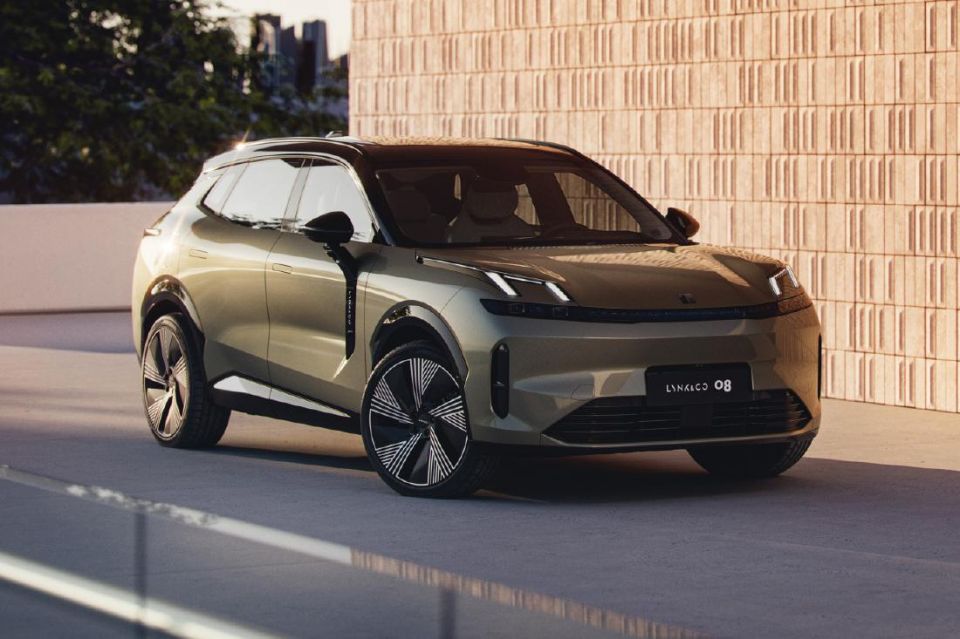
The 08 will also reportedly be built on the Compact Modular Architecture (CMA) platform which underpins the likes of the Lynk & Co 01, 02, 03 and 05, as well as the Volvo XC40, C40, and the Polestar 2.
So, what do you reckon? Is there a future for a hassle-free car ownership offering that bundles all costs bar fuel/electricity into a monthly bill that you can cancel whenever? It sure changes the traditional notions around residual value and what it means to own a car.
MORE: What are car subscriptions, and would you consider one? MORE: Brand profile on China’s Aion to arrive in 2024


Anthony Crawford
5 Days Ago


Matt Campbell
4 Days Ago


James Wong
3 Days Ago


Max Davies
2 Days Ago
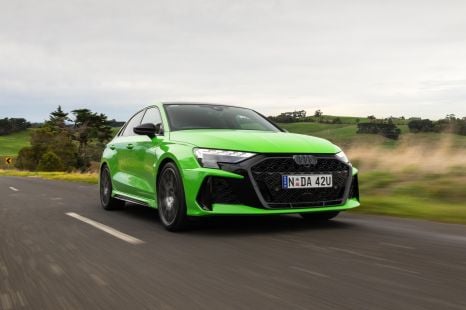

Josh Nevett
22 Hours Ago
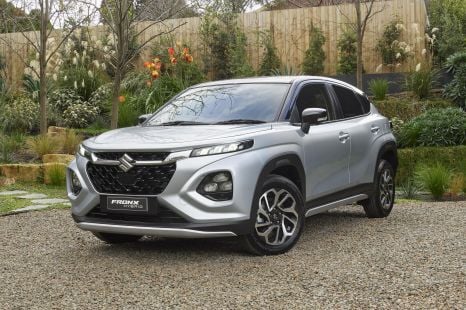

William Stopford
19 Hours Ago